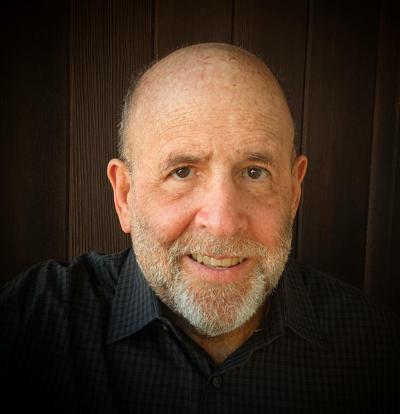Andrew Malekoff
News of Major League Baseball canceling regular-season games amid deadlocked labor negotiations is a blow to the many millions of loyal fans, who were just starting to see some light at the end of the omicron tunnel.
The National Football League ended with a bang in February. Four semi-final nailbiters led to a down-to-the-wire Superbowl.
Fans celebrated the fierce competition, took a collective deep breath, tuned in to the Winter Olympics, and started pining for Opening Day.
Actress Alyssa Milano captured a universal sentiment when she said: “Baseball is my escape. The sights, the sounds, the way the park smells. There is truly no other place that I’d rather be than at a game.”
Of course, diehard NBA and NHL fans are still in the thick of it. And, we have March Madness, men and women, March 13–April 4, to look forward to.
Me? I’m looking forward to the NCAA Wrestling Championships March 17-19.
There’s a lot to choose from, but still no pitchers and catchers on the horizon.
As spring arrives, the Masters is right around the corner, the week of April 4–10 at Augusta National Golf course in Georgia.
I never played a round of golf in my life, only pitch and putt and mini-golf. A casual fan, I’ve watched professional golf on TV going back to the days of Arnold Palmer, Jack Nicklaus and Gary Player. Naturally, Tiger Woods piqued my interest years later.
I always tried to catch the last few holes of any tournament that he was in contention to win on a late Sunday afternoon.
Tiger’s fall from grace after the 2009 sex scandal was mostly sad – a tarnished reputation and family in crisis. His imperfection laid bare an extraordinary ability to bounce back from scandal and repeated injuries has, ironically, made Tiger a more lovable folk hero; especially after he took the 2019 Masters, his first major win in 11 years.
I’m aware of a few of the other marquee golfers during Tiger’s reign, chief among them Phil Mickelson, second only in PGA Tour earnings to Woods. Never an “inside-golf” guy, in recent weeks I learned through sports talk radio and the internet that Mickelson lent support to a startup Saudi Super League and made some offensive and self-serving comments which drew the ire of fans, critics and fellow PGA players.
Of his new venture and strange bedfellows, Mickelson said of the Saudis that they are known violators of human rights. He went on to cite some of their atrocities, like executing people for being gay and assassinating Washington Post journalist Jamal Khashoggi in 2018.
“Knowing all of this, why would I even consider it?” he asked and then answered: “Because this is a once-in-a-lifetime opportunity to reshape how the PGA Tour operates.” He added that the tour was guilty of “obnoxious greed.”
He has since apologized stating that his comments to a writer, who is working on an unauthorized biography about him, were off the record. The writer denies that. He then announced that he was going to take a break from the game.
Why do I need to know any of this?
As much as it takes away from balls and strikes, it is almost impossible in the 21st century to avoid the business, politics and scandal of sports.
I know; some sports fans will point out that I am being naïve, that there are critical issues of justice and equity that need to be addressed in sport (I agree) and that it is hardly a new phenomenon.
Today more than ever, social media, tabloid journalism, and sports talk radio and television fuel the fire like never before.
Long gone are the days when I was laser-focused on starting pitchers, lineups and box scores. Remember when being a fan was truly an escape, a respite from the day-to-day grind and bad news headlines?
Often times the politics of sports leaves my head spinning like a mini-golf windmill in a nor’easter.
Serenity now.

